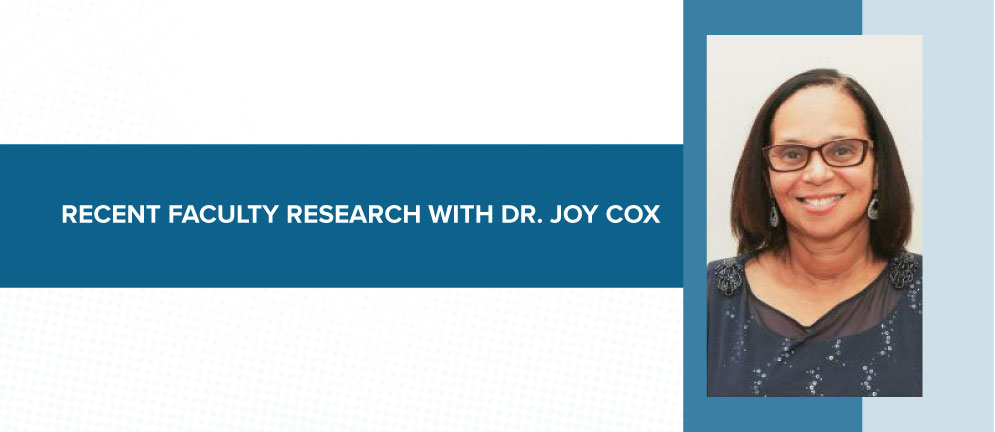
The workload in medical school is notoriously challenging, and first-semester students sometimes struggle to develop the critical thinking and studying skills they need to be successful. American University of Antigua (AUA) College of Medicine faculty are continuously building tools and resources to help students identify and address recurring problems.
“I’ve found that some students come into AUA thinking that since they were successful in undergraduate studies, they’ve already found their way of studying for tests,” said Joy A. Cox, Ph.D., M.ED., Associate Professor and Interim Chair of the Education Enhancement Department. “But medical school is a completely different ballgame. It is much more rigorous than undergrad work. And if students’ test prep skills are weak, they need to learn how to prepare in a different way.”
Dr. Cox published a study on H&H Publishing in Fall 2018 about the Learning and Study Strategies Inventory (LASSI), a tool the Education Enhancement Department uses to predict academic performance and facilitate effective learning and studying habits. The LASSI is a questionnaire that asks students about 10 components of their cognitive strategies and self-regulation skills, including attitude, motivation, and concentration.
The department uses the LASSI in a class for first-semester students who are repeating the term. The self-assessment helps students identify their academic strengths and weaknesses, as well as action steps they can take toward improvement throughout the semester.
“My study examined the use of the LASSI over the course of one year,” said Dr. Cox. “We did a statistical analysis of a group of students on academic probation, comparing how they felt about these 10 attributes to how they did academically.”
The study found that good test-taking strategies and motivation were positive predictors of academic performance, and that self-efficacy is a key factor in student motivation. This information is valuable to AUA faculty who can help students by teaching or modeling helpful skills.
“We focus on building concrete test-taking strategies, like dissecting multiple-choice questions, creating your own questions, practicing memorization skills, and creating visuals to understand material better,” said Dr. Cox. “Motivation is a soft skill, so it’s a little harder to teach. But it’s helpful to have students reflect on why they are here at AUA. What’s the real reason? What’s their motivating factor? We work with students on an individual basis to figure it out.”
Dr. Cox is taking her research a step further this year, exploring how self-regulated learning – one component of the LASSI – influences academic performance. She is studying how factors such as time management, self-monitoring, and organization affect students during the semester.
“Being a self-regulated learner is a very important tool, especially for medical students,” said Dr. Cox. “We expect them to be lifelong learners. It’s vital for physicians to be competent and stay up-to-date with new developments in their field. We want our graduates to make this part of their ongoing professional development.”
Learn more about the Education Enhancement Department faculty.








